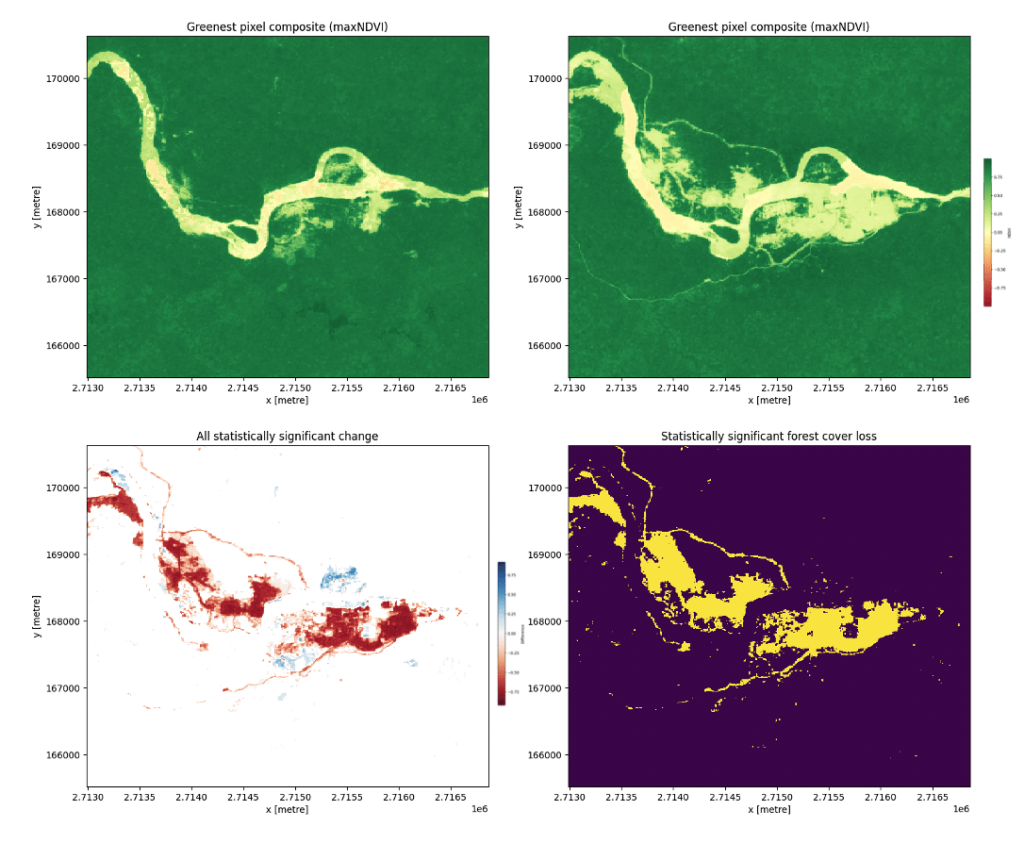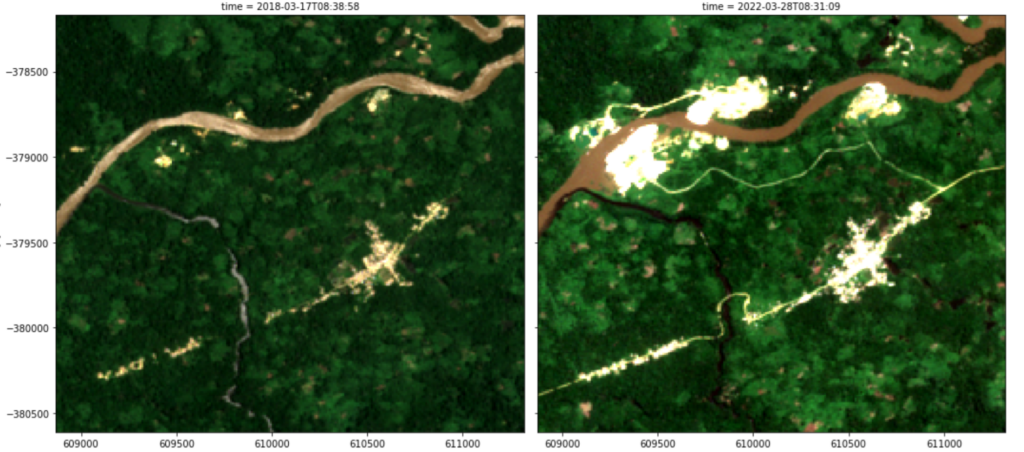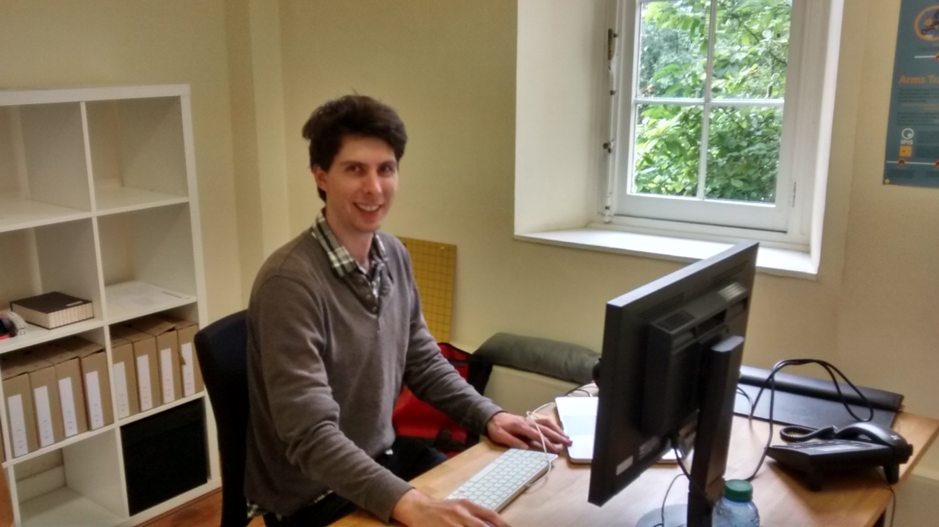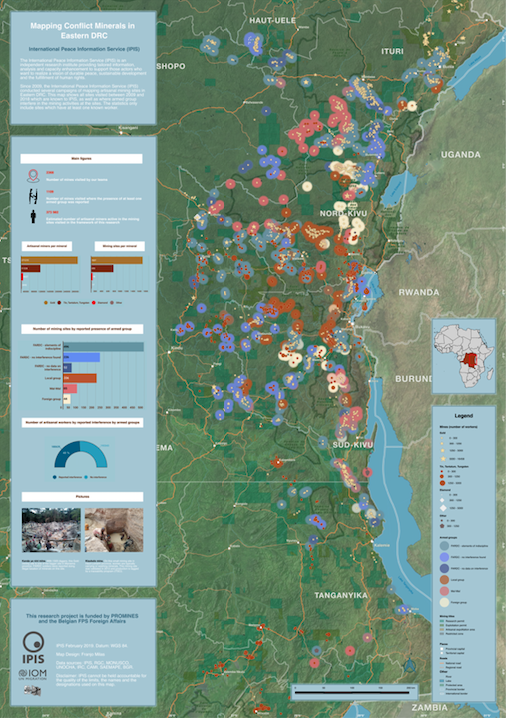Jobs at IPIS
IPIS is a horizontal and inclusive organization where the input of staff members is valued equally: We believe the ideas of our workers are more important than their position in the organigramme. Liaison Officers in several African countries support our fieldwork while our offices are in Antwerp, Belgium.
Job openings
Consultancy opportunities
Mid-term evaluation of IPIS’ programme on drivers of conflict
Apply by August 15th, 2024.
Internships at IPIS
IPIS offers two main types of internship:
- Through calls issued for specific projects. These will be made through our website (below) and in some instances through universities networks.
- Through approaches from those with a specific research project that they wish to pursue within our organisation. Such interns can publish their papers as an intern paper publication or in some instances as a co-author.
Speculative applications without a specific research project may be considered on an ad hoc basis.
Internships typically last three to six months, and are in-house (Antwerp). The number of days per week can depend on requirements and availability.
Internship offers generally involve the following benefits:
- Personal supervision by one of our researchers
- Office space and use of office equipment
- Use of our working library

My GIS internship at IPIS – A goodbye from our latest intern Philip Knirsch
During the second half of 2022, I had the chance to complete a GIS internship at IPIS in Antwerp. As a student pursuing a degree

A goodbye from our latest student assistants in the GIS and data Team
At the end of 2021, as part of a university course on peace research, I started diving into the history of the Democratic Republic of Congo (DRC) and

Shining a light on IPIS data – A goodbye from our latest GIS intern
With the world going into lockdown due to the coronavirus pandemic, late March 2020 was perhaps not the optimum time to move to a new

My GIS internship experience – a word of goodbye from our latest intern
It was early September when I started my internship at IPIS, but the story started way earlier. During my Master’s degree, I came across this

My GIS internship experience – A goodbye from our latest intern
This summer I joined IPIS as a GIS intern between my first and second year of master and discovered a group of professionals whose work

Working on conflict mapping through GIS – A goodbye from our latest GIS intern
I arrived at IPIS in January of this year with the purpose to further improve my GIS skills and work on the topic of conflict
Internship openings
IPIS is looking for:
- A Communication Intern for a period of 4-6 months, based in our offices in Antwerp.
Spontaneous applications
Even when we’re not actively looking for someone or when the position you’d like to apply for is not amongst those we’re currently seeking, you’re always welcome to let us know you’re interested to work or collaborate for/with us. Send a CV, a cover letter outlining your motivation and availability and a recent writing sample (article or paper) or a project (printed map, webmap, or data analysis) you made to Filip Reyniers. Should your application be of interest to us, we will return to you to discuss the matter further.
NGOs
IPIS welcomes the opportunity to work with non-governmental organisations from our focal region. Such work can take the form of joint research projects or capacity enhancement through editorial assistance, skills / knowledge transfer and training. If your organisation would like to discuss the possibility of such a partnership, please contact Filip Reyniers.

